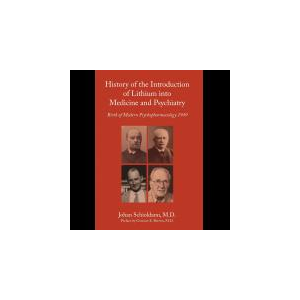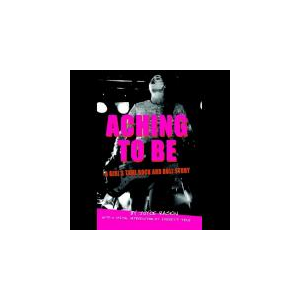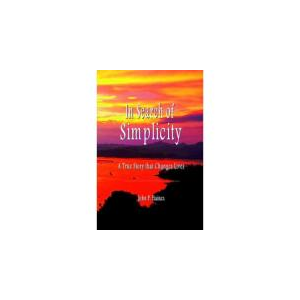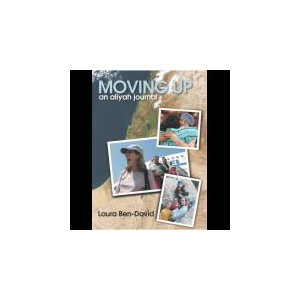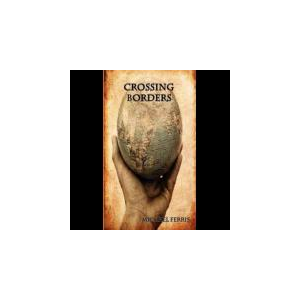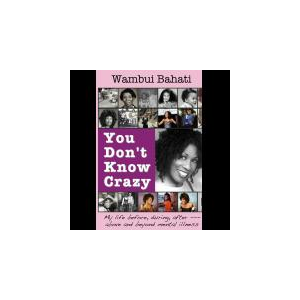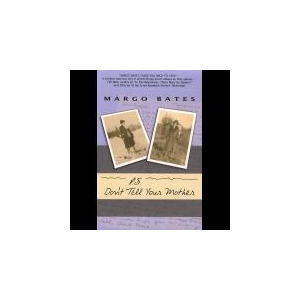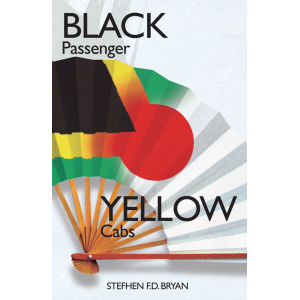Born In The Wrong Country
“Born In The Wrong Country” isabout feeling unwelcome in your own country and how this makes you feel when lookingat foreigners who are welcomed with open arms. Unlike foreigners who goperiodically to Ellis Island to trace their ancestry; the African-American People ofColor must look at a different route, that of the slave trade route, what isknown as the Middle Passage in order to see how their ancestry was brought inchains to a foreign land to continue being beat and mistreated.
“Born In The Wrong Country” is alsoabout the love and support needed in parenting gay children, standing besidethem and loving the gifts that God gave you. It is about gay people who want and need what everyone else does, love and respect.
"Born In The Wrong Country" is aboutwhat the United States of America has neglected to do, things that this government haveignored when it comes to its own people. It deals with the White and the Blacksituation in America, the poor and other minorities, and of the hunger thatfaces the people of the United States. Mental hunger and physical hunger of what people want, andwhat people need are discussed. It doesn’t just talk about today, but talksabout the African-American People of Color in this country, and what this countryhas done to them. It points out how this government has taken away the spiritof a people, and possibly thrown away gifts, many gifts that could havepossibly been given for the whole world to see and benefit from. Born exposes the reality of slavery and thekind of terrorism that went on throughout that slavery, a terrorism which wasdone so well that it did exactly what terrorism was supposed to do, by stickingwith the AAPC through even to today.Book Trailer
http://www.youtube.com/user/mleenorThe Story Behind This Book
The story behind "Born In The Wrong Country" is of feeling unwelcome. Having suffered so much by the hands of this government, along with all the violence and bigotry, one can’t help but feel unwelcome in his country. It is a book about many things; some of the areas that it focuses on are some of ills of this country, past and present. At the heart of these ills is slavery in America, terrorism relating to that slavery, and America’s unrelenting arrogance. Born In The Wrong Country speaks about an apology that was never made to the African-American people of Color; it also speaks of hunger, both mental and physical. Discrimination is also a key factor of "Born In The Wrong Country,” as racism seems to be running rampant. "Born In The Wrong Country" speaks of the mistreatment of Blacks, other minorities, poor whites and the disenfranchised in this country, which have all been affected by the arrogant hand of this nation. Born In The Wrong Country speaks of what is simply thievery. It tells how this government in essence stole our food, would be health insurance, and many means of making a living from the American people. "Born In The Wrong Country" points out the flagrant spending of multi-billions of dollars on the Iraq war, which was created under the Bush administration. One issue that is close to the authors' heart is parenting. “Born” speaks of the importance of being a good parent and a friend, especially to gay children, who still love their parents and would like to count on them. It’s about our wonderful gay men and women, who many like the author, just want to be wanted and loved by their families. “Born In The Wrong Country” is about gay people, straight people, and people who are need.


